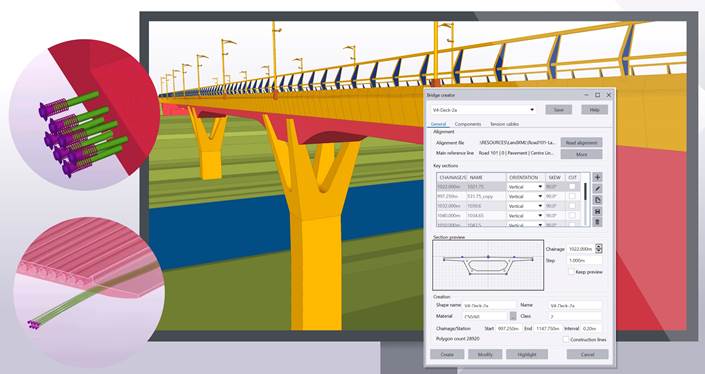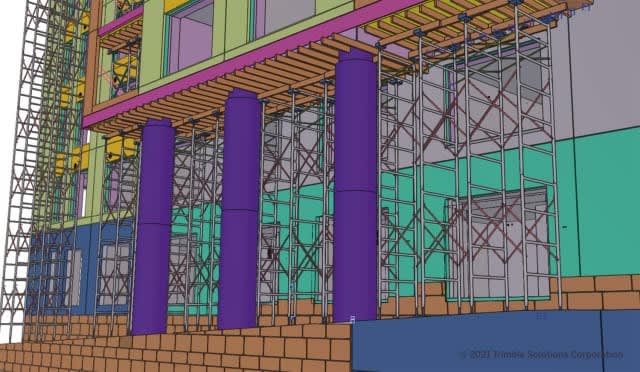Ben29
Structural
- Aug 7, 2014
- 331
I did a fairly simple project. It is a 1,500SF,1-story addition to an existing building. The foundation consists of strip footings and slab on grade with WWF. Our general notes require that rebar shop drawings are provided. Our General Notes read: "if shop drawings are not provided then our firm is not responsible for the structural certification and design of the project."
The architect told me that the contractor does not plan to provide rebar shop drawings. The architect asked me, "Are you OK with that?"
How do you answer this question?
They do plan to have a 3rd party inspector inspect the rebar placement.
The architect told me that the contractor does not plan to provide rebar shop drawings. The architect asked me, "Are you OK with that?"
How do you answer this question?
They do plan to have a 3rd party inspector inspect the rebar placement.




